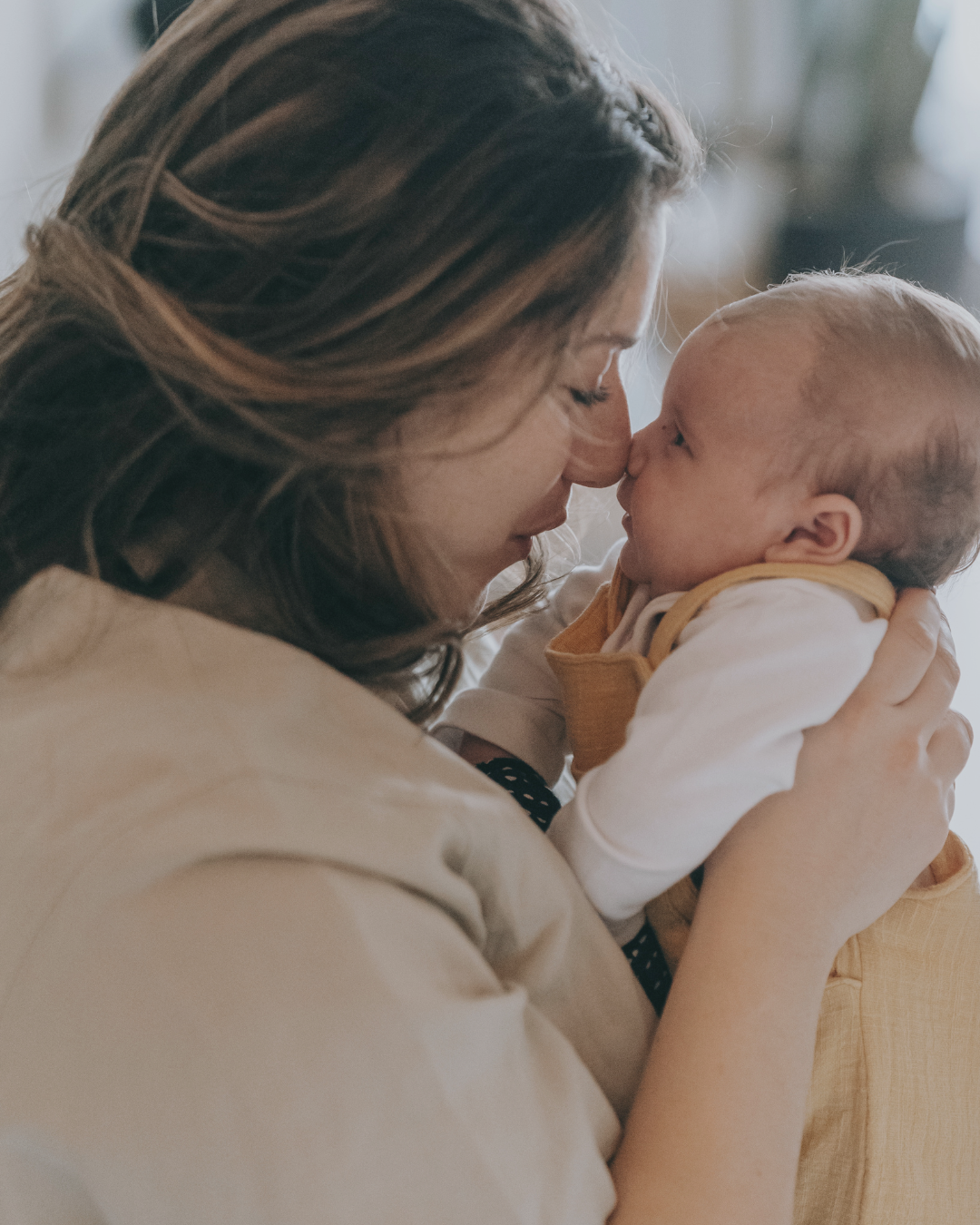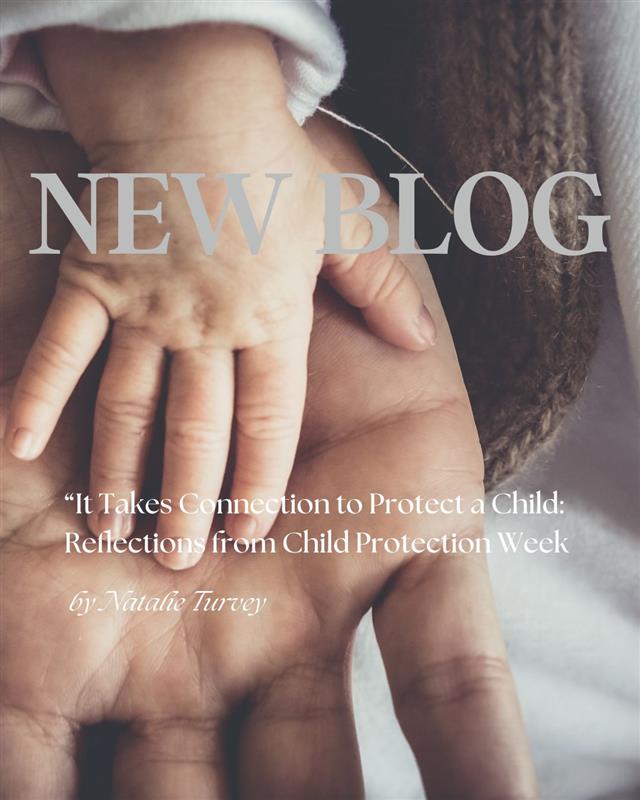When we think about mental health, we often imagine adults or teenagers navigating anxiety, depression, or stress. But mental health begins much earlier than that, even before a baby speaks their first word.
Infant Mental Health Awareness Week shines a light on the emotional well-being of our youngest humans. It’s about recognising that babies, from the very beginning, are feeling beings. They are deeply affected by the relationships and environments they’re born into.
What is Infant Mental Health?
Infant mental health refers to a baby’s capacity to:
- Form secure relationships
- Experience, express and regulate emotions
- Learn and develop within the context of caregiving relationships
These foundations are laid down from the earliest moments, not just through what a baby sees or hears, but through how they are held, soothed, spoken to, and responded to.
Why Does It Matter?
The early months and years are a time of rapid brain development. When a baby experiences consistent, warm, and attuned caregiving, their brain forms pathways that support emotional regulation, social connection, and resilience. These early experiences shape how they feel about themselves and the world around them, forming the blueprint for future mental health.
On the other hand, when a baby’s emotional needs go unmet due to stress, trauma, or disconnection, it can impact their development in ways that may show up later in childhood or even adulthood.
Supporting Infant Mental Health Isn’t About Being Perfect
Let’s be clear: this isn’t about “perfect parenting.” It’s about being present. Babies don’t need us to get it right all the time; they just need us to show up, tune in, and repair when things go a little off course.
Small, everyday moments like cuddling your baby when they’re unsettled, responding to their cues, or simply making eye contact and smiling, are the building blocks of secure attachment.
How Can We Help?
At Drop of Life, we work with parents, caregivers and little ones to support strong emotional foundations. This includes helping parents understand their baby’s cues, building confidence in the parent-infant relationship, and providing support when early challenges arise, whether that’s postnatal anxiety, bonding difficulties, or trauma.
Together, we can help babies feel safe, seen, and soothed because mental health starts in the cradle.


.png)





